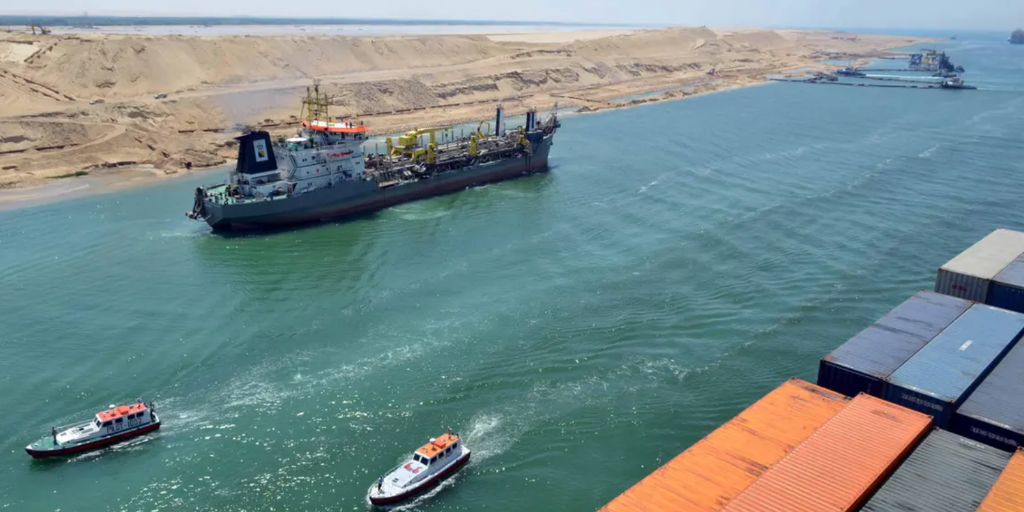In response to increased security concerns following US and UK airstrikes in Yemen, Qatar halted LNG shipments through the Bab el-Mandeb Strait on Monday, 15 January, according to a report by Bloomberg.
Five tankers were rerouted, disrupting Europe’s winter gas supply from the world’s second-largest liquefied natural gas (LNG) exporter, accounting for around 13 percent of Western European consumption in 2023.
According to Alex Froley, LNG analyst at Independent Commodity Intelligence Services (ICIS), avoiding the Red Sea route is becoming the new normal for LNG tankers, with even Qatar and Russia finally capitulating after weeks of sticking to the Suez Canal. This means a significant delay for European gas deliveries.
By navigating around South Africa instead, a Qatari cargo could take nine days longer, stretching the journey to 27 days, compared to the 18 days through the Suez Canal.
Most LNG tankers are now diverting around the Cape of Good Hope, which is situated at the southernmost point of the Cape Peninsula, home to Cape Town, South Africa’s capital city.
Revenues from the Suez Canal in Egypt are said to have decreased by 40 percent since the start of this year when compared to the same period in 2023, according to Osama Rabie, the Chairman and Managing Director of the Suez Canal Authority.
The Houthis’ maritime ambushes in the Red Sea, a crucial artery for global trade, threaten to disrupt the flow of vital goods like oil and food. This escalating conflict risks drawing in Western powers as they seek to prevent economic chaos and ensure the safe passage of ships from Asia to Europe.
Triggered by the war on Gaza, Houthi attacks on Red Sea ships targeting Israel disrupted a key trade route. Major shipping companies suspended operations, causing a tenfold surge in insurance costs since early December, creating a ripple effect across global trade.







Comment (1)
[…] In response to increased security concerns following US and UK airstrikes in Yemen, Qatar halted LNG shipments through the Bab el-Mandeb Strait on Monday, 15 January, according to a report by Bloomberg. Five tankers were rerouted, disrupting Europe’s winter gas supply from the world’s second-largest liquefied natural gas (LNG) exporter…Read More […]